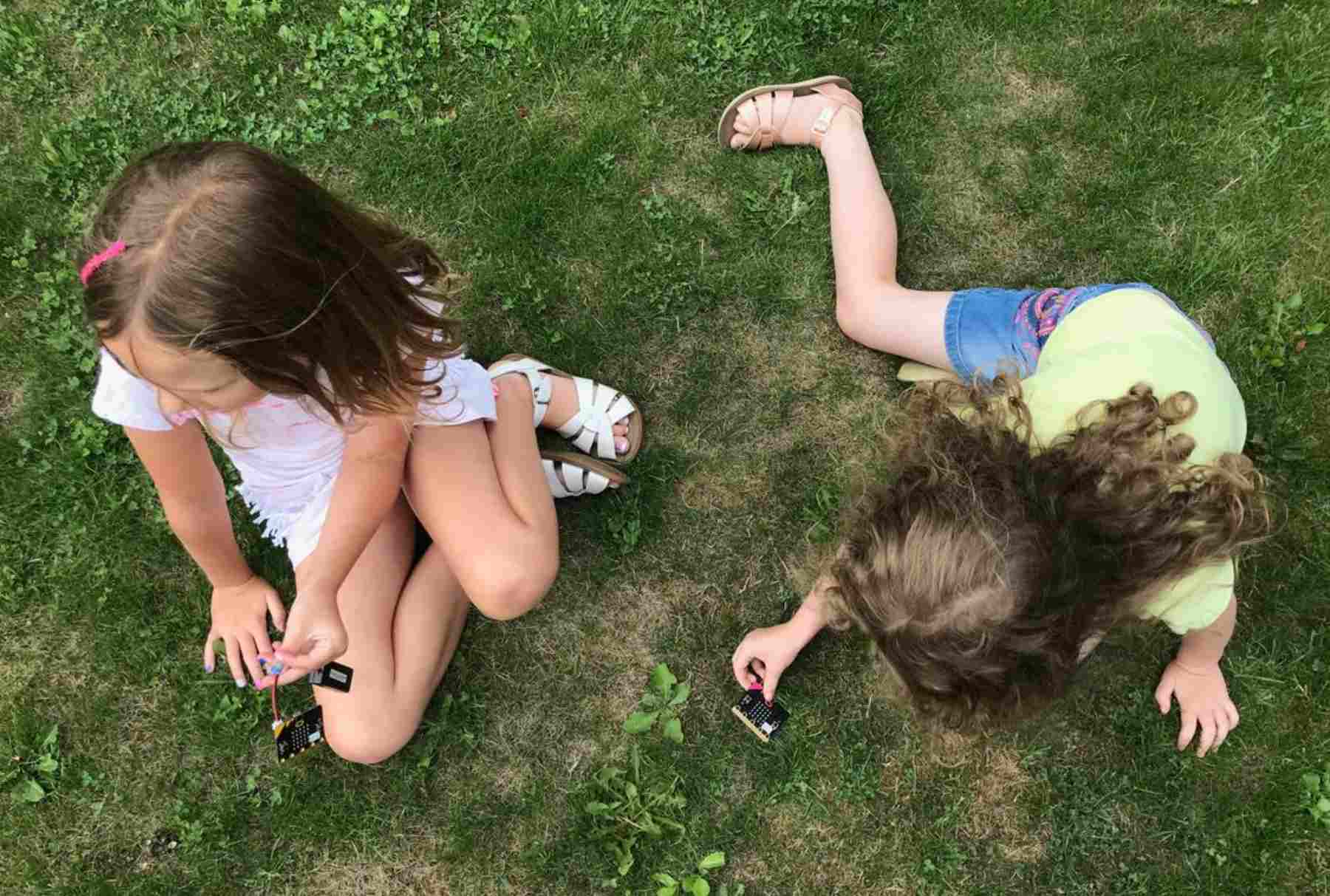Open Lab
Human-computer interaction, interaction design and collaborative technologies for societal impact.
A world-leading research group
Open Lab is a world-leading research group. They explore, design and develop interactive technologies for significant societal impact. They are at the forefront of research in Digital Civics and Community Technologies, working across many applied areas, including:
- civic engagement
- health and wellbeing
- education
Their work often takes an explicitly social-justice and action-oriented framing. It is radically interdisciplinary, and often informs place-based and situated interventions. They adopt and develop human, more-than-human, and community-centred design methodologies.
They also have strong interests in:
- designing for collaborative intelligence and Human-AI interactions
- the application of intelligent and data-infused technologies to achieve Sustainable Development Goals (SDGs)
Research impact
The group is currently funded through several major grants including:
We also hosted the EPSRC Digital Civics Centre for Doctoral Training (CDT) for ten years.
Over 55 PhD students graduated after studying the design and development of civic and community-centred technologies. Their learning included a range of application areas and global contexts.
Teaching
- MSc Human-Computer Interaction
- Forthcoming: MSc Human-Centred Artificial Intelligence (starts September 2026)
Collaborators
We collaborate with an extensive community of over 80 organisations, including:
- local authorities (government)
- industrial partners (tech companies)
- NHS Trusts and Voluntary, Community and Social Enterprise (VCSE) partners (charities and NGOs)
We have currently signed collaboration agreements with UNICEF and Coram.
